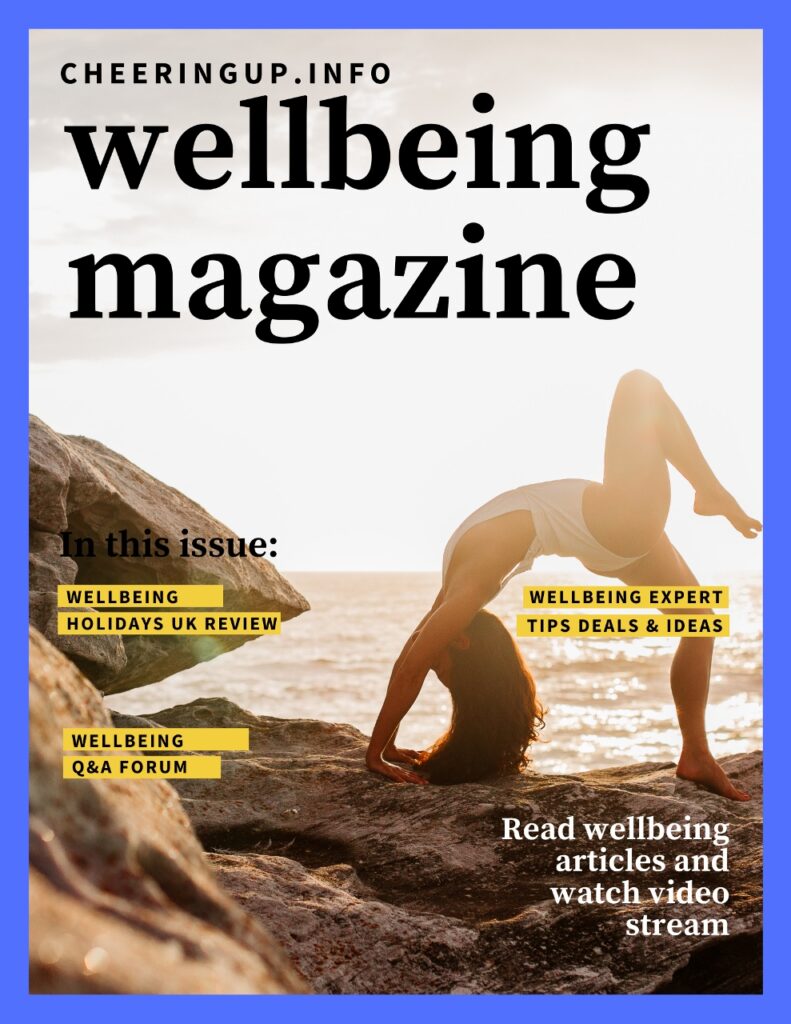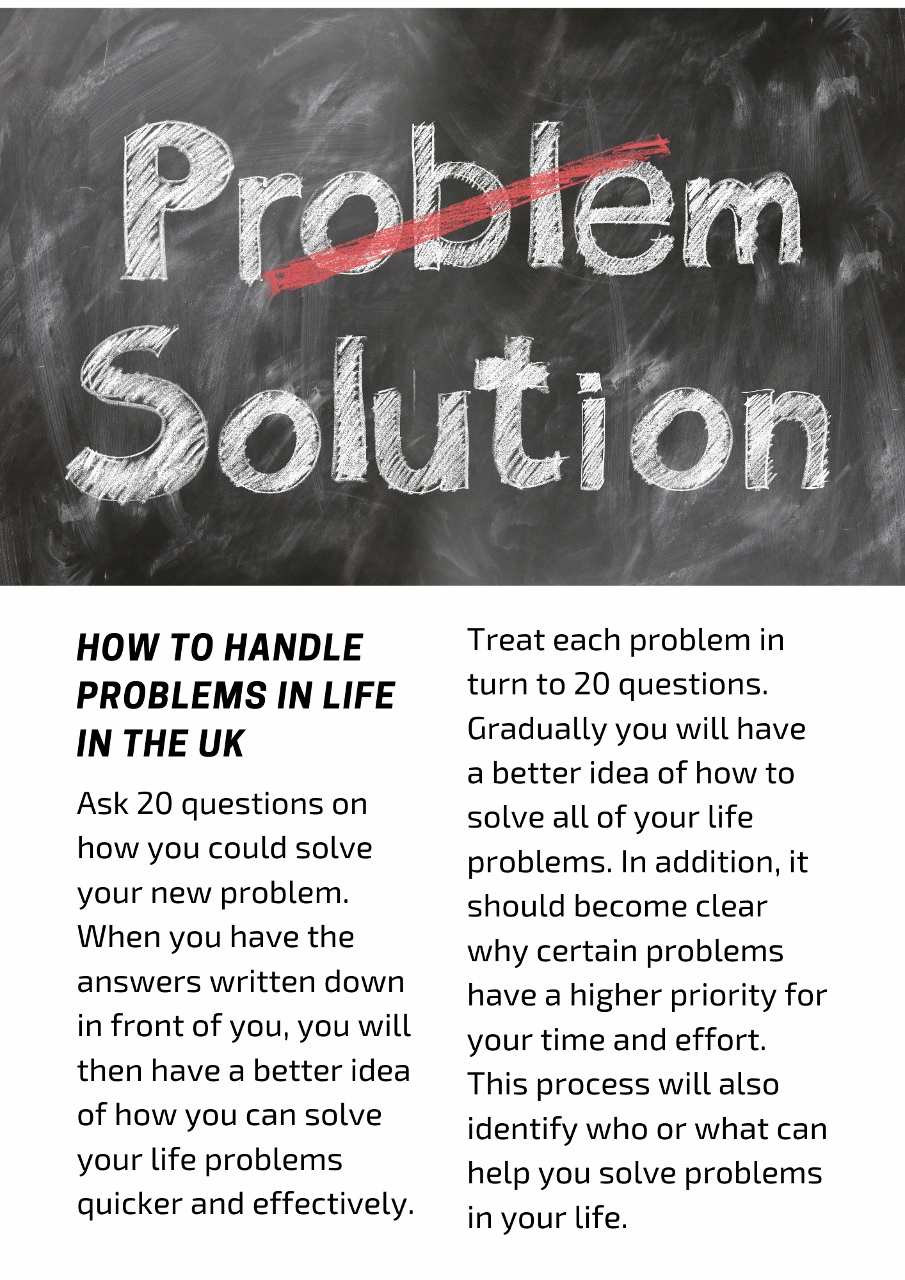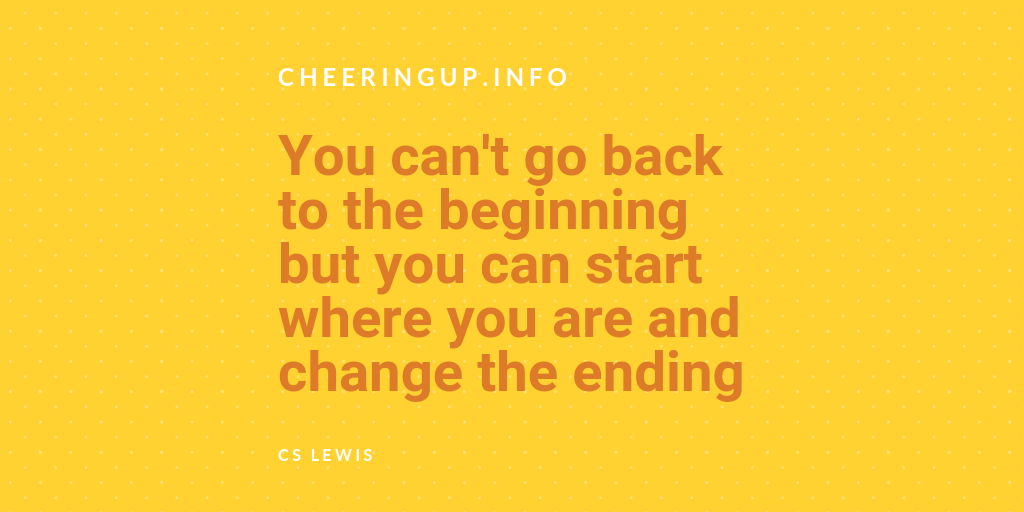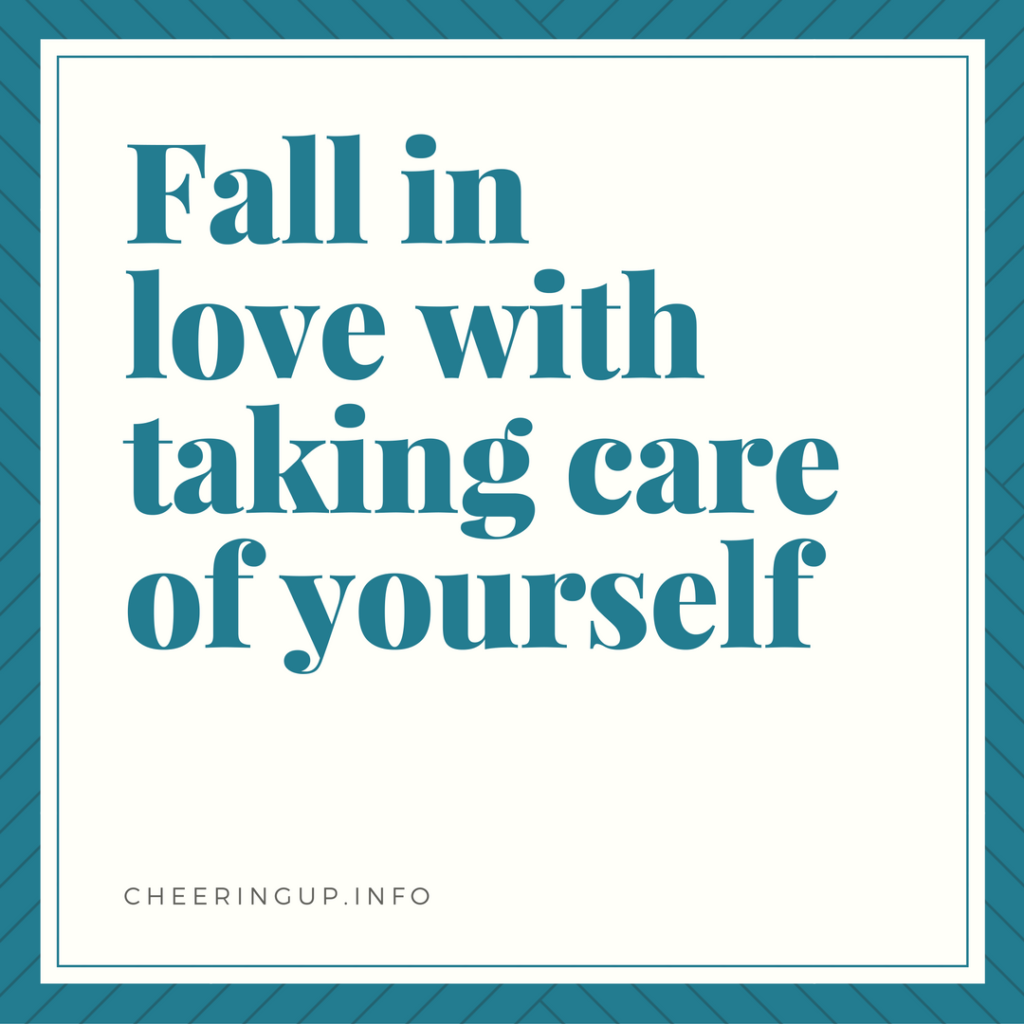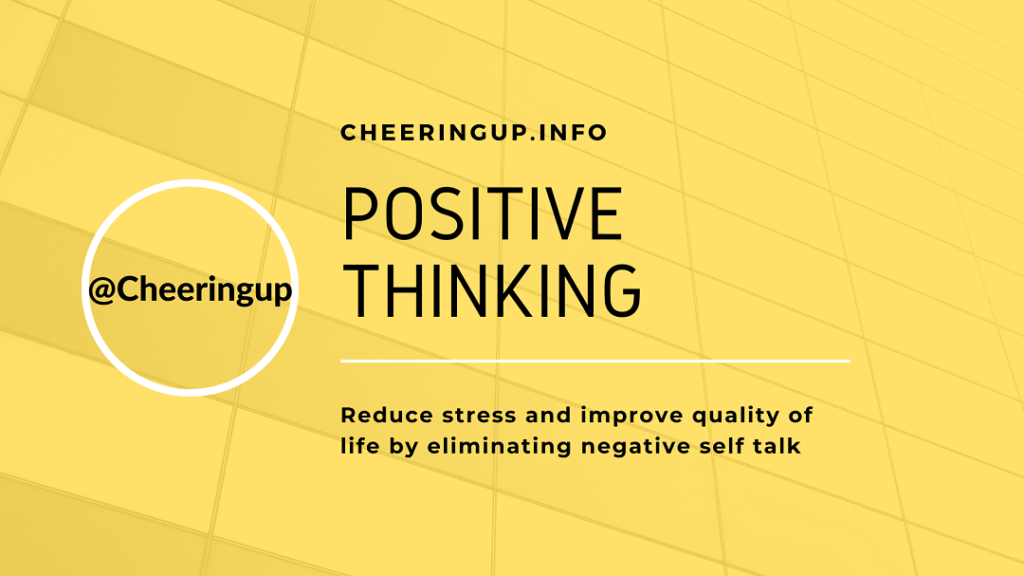Improving Your Retirement Lifestyle: A Guide for UK Retirees
Retirement is a significant phase in life, often viewed with a mixture of excitement and apprehension. For many, it represents a well-deserved break from the hustle and bustle of working life, a time to enjoy the fruits of their labour. However, for some UK retirees, the reality of retirement may not match the dreams they once had, often due to lifestyle decisions made earlier in life. This article explores the unique challenges that retirees in UK face and the importance of making informed decisions to ensure a fulfilling retirement. We will explore the types of lifestyle decisions made earlier in life that can impact retirement and suggest actionable solutions to improve your retirement lifestyle today.
Transforming Your Retirement: Strategies for a Better Lifestyle in the UK
Want a better retirement? What does that look like for you? How can we help you?
Lifestyle Decisions That Can Impact Retirement in the UK
- Financial Planning and Savings One of the most significant decisions affecting retirement lifestyle is financial planning. Many individuals, in their younger years, may not have prioritised saving for retirement or invested in a pension plan. This lack of foresight can result in limited financial resources during retirement, leading to a constrained lifestyle. In the UK, the State Pension alone often does not suffice to maintain a comfortable standard of living. Those who did not plan for additional savings or investments may find themselves struggling to cover even the basic costs of living, let alone enjoy a leisurely retirement.
- Health and Wellness Choices Decisions related to health and wellness made earlier in life can have a profound impact on retirement. Poor diet, lack of exercise, smoking, and excessive alcohol consumption can lead to chronic health conditions, such as diabetes, heart disease, and arthritis. These conditions can reduce the quality of life in retirement, lead to increased medical expenses, and limit one’s ability to engage in physical activities or travel.
- Career Choices and Work-Life Balance The career paths we choose and the balance we maintain between work and personal life can also influence our retirement. Some individuals may have chosen high-stress jobs that offered substantial financial rewards but took a toll on their health and personal relationships. Others may have opted for careers that provided fulfillment but offered lower financial returns, impacting their savings potential. Additionally, those who prioritised work over personal relationships may find themselves isolated or without a strong social support network in retirement.
- Social and Relationship Investments Building and maintaining strong social relationships is crucial for a fulfilling retirement. Decisions around investing time in friendships, community, and family relationships can affect one’s social support network later in life. Those who neglected their social life or failed to build meaningful connections may find themselves feeling lonely and isolated in retirement, which can negatively impact mental health and overall well-being.
- Geographical Location Choices Decisions about where to live during one’s working years can also impact retirement lifestyle. Some retirees may find themselves living in locations that are not conducive to ageing, such as homes that require significant upkeep or areas with limited access to healthcare facilities and social amenities. Others may have chosen to live in areas with a high cost of living, which can strain their retirement budget.
- Mindset and Attitude Towards Retirement Lastly, one’s mindset and attitude towards retirement can play a significant role. Individuals who viewed retirement as a distant concern or who failed to consider how they would spend their time may find themselves unprepared for the psychological transition from work to retirement. A lack of purpose or direction can lead to feelings of boredom, depression, or anxiety in retirement.
Solutions and Actions to Improve Your Retirement Lifestyle Now
Recognising the impact of past decisions on your current retirement lifestyle is the first step towards improvement. While we cannot change the past, we can take proactive steps to enhance our quality of life in retirement. Here are some practical solutions and actions you can take to improve your retirement lifestyle today:
Reassess and Optimise Your Financial Situation
- Create a Budget: Start by creating a comprehensive budget that outlines your current expenses and income. This will help you understand your financial situation better and identify areas where you can cut costs. Focus on essential expenses first, such as housing, utilities, food, and healthcare, and then consider discretionary spending.
- Explore Additional Income Streams: If your retirement savings are insufficient, consider exploring additional income streams. This could include part-time work, freelance opportunities, or turning a hobby into a small business. Many retirees find fulfillment in continuing to work in some capacity, especially if it involves something they are passionate about.
- Consider Downsizing: If you own a home, consider whether downsizing could be a viable option. Moving to a smaller, more manageable property can free up equity and reduce maintenance costs, providing additional financial resources for your retirement years.
- Review Your Investments and Pensions: If you have any investments or pension plans, review them to ensure they are performing well. Consider consulting with a financial adviser to explore ways to optimise your investments and ensure a steady income stream throughout retirement.
Prioritise Health and Wellness
- Adopt a Healthy Diet and Exercise Routine: It’s never too late to improve your health. Focus on adopting a balanced diet rich in fruits, vegetables, lean proteins, and whole grains. Regular exercise, such as walking, swimming, or yoga, can help maintain mobility, strength, and overall health. Many local communities in the UK offer free or low-cost exercise programmes for seniors.
- Regular Health Check-ups: Schedule regular check-ups with your healthcare provider to monitor any existing health conditions and prevent potential health issues from worsening. Early detection and management are key to maintaining a good quality of life in retirement.
- Mental Health and Well-being: Pay attention to your mental health. Engage in activities that promote mental well-being, such as meditation, mindfulness, or hobbies that bring joy and fulfillment. If you feel isolated or depressed, consider speaking with a mental health professional or joining support groups.
Strengthen Social Connections and Build a Support Network
- Reconnect with Old Friends and Family: Reach out to old friends or family members with whom you may have lost contact. Building or rekindling relationships can provide emotional support and reduce feelings of loneliness.
- Join Clubs and Community Groups: Consider joining local clubs, community groups, or volunteering organisations. Engaging in social activities can help build new friendships and provide a sense of purpose and belonging. Many retirees find great satisfaction in giving back to their communities through volunteer work.
- Embrace Technology: Learn to use technology to stay connected with loved ones who may live far away. Video calls, social media, and online communities can help bridge the distance and provide opportunities for social interaction.
Explore New Hobbies and Interests
- Discover New Passions: Retirement is an excellent time to explore new hobbies or interests you may not have had time for earlier in life. Consider activities such as gardening, painting, writing, or learning a musical instrument. Engaging in creative pursuits can provide mental stimulation and a sense of accomplishment.
- Lifelong Learning: Consider taking up new educational opportunities. Many universities and colleges in the UK offer free or discounted courses for retirees. Learning a new skill or subject can be intellectually stimulating and provide a sense of purpose.
- Travel and Exploration: If health and finances permit, consider travelling to new places, even if it’s just exploring local attractions or nearby towns. Travel can provide new experiences, broaden your horizons, and create lasting memories.
Reevaluate Your Living Situation
- Assess Your Home Environment: Consider whether your current living situation is suitable for your retirement lifestyle. If your home is too large, difficult to maintain, or not accessible, consider moving to a more manageable property or a retirement community that offers amenities and social activities.
- Explore Retirement Communities: Retirement communities can offer a range of benefits, including social activities, healthcare facilities, and a sense of community. If you feel isolated or overwhelmed in your current home, a retirement community might provide a better quality of life.
- Consider Multigenerational Living: For some, living with family members can provide emotional support, companionship, and shared living expenses. Discuss with your family whether multigenerational living could be a viable option.
Cultivate a Positive Mindset and Embrace Change
- Adopt a Growth Mindset: Approach retirement with a growth mindset, viewing it as an opportunity to learn, grow, and experience new things. Be open to change and willing to adapt to new circumstances. A positive attitude can significantly impact your overall well-being.
- Set New Goals and Objectives: Setting new goals can provide direction and motivation in retirement. These goals can be related to personal growth, health, relationships, or hobbies. Having a sense of purpose can enhance your sense of fulfillment and satisfaction in retirement.
- Practice Gratitude and Mindfulness: Practicing gratitude and mindfulness can help you focus on the positives in your life and reduce stress and anxiety. Consider keeping a gratitude journal or engaging in daily mindfulness exercises to promote a positive outlook.
Seek Professional Guidance
- Consult a Financial Adviser: If you are unsure about your financial situation or need help planning for the future, consider consulting a financial adviser. They can provide expert guidance on managing your finances, optimising your investments, and ensuring a comfortable retirement.
- Work with a Life Coach: A life coach can help you navigate the emotional and psychological aspects of retirement, set meaningful goals, and develop strategies to improve your overall quality of life. They can provide personalised support and guidance tailored to your unique needs and circumstances.
Stay Informed and Engaged with the World
- Keep Up with Current Events: Staying informed about current events and trends can help you feel connected to the world and provide topics of conversation with others. It can also provide opportunities to engage in meaningful discussions or advocate for causes you care about.
- Engage in community activities or local governance. Many retirees find fulfillment in participating in community activities or contributing to local governance. This can provide a sense of purpose and allow you to use your skills and experience to benefit your community.
Embrace Technology and Digital Literacy
- Learn Digital Skills: Embrace technology by learning digital skills that can enhance your lifestyle. Whether it’s using the internet for online shopping, staying in touch with loved ones via social media, or managing your finances with online banking, digital literacy can open up new possibilities and make day-to-day life more convenient.
- Stay Safe Online: As you explore digital spaces, ensure that you are aware of online safety. Learn to recognise scams and protect your personal information online. Many local councils and organisations offer free courses on digital literacy and online safety for seniors.
Plan for the Future with Peace of Mind
- Review Legal and Financial Documents: Ensure that all your legal and financial documents are up-to-date. This includes your will, power of attorney, and any health directives. Having these documents in place can provide peace of mind and ensure that your wishes are followed in case of any unforeseen circumstances.
- Discuss End-of-Life Plans: While it can be a difficult conversation, discussing your end-of-life wishes with your family can alleviate stress and ensure that everyone is on the same page. This planning can also help prevent future conflicts and provide clarity for your loved ones.
Conclusion
Retirement is a journey, not a destination. While past decisions have undoubtedly shaped your present circumstances, they do not have to define your future. By reassessing your current situation, making proactive choices, and embracing new opportunities, you can significantly improve your retirement lifestyle. Remember, it’s never too late to make positive changes. Good advice to all UK retirees is to focus on what you can control, stay positive, and seek out new experiences and connections that bring joy and fulfillment. Your retirement years can be some of the most rewarding and enriching years of your life, filled with growth, exploration, and contentment. Embrace this new chapter with an open mind and a proactive spirit, and you’ll find that improving your retirement lifestyle is entirely within your reach.
Join our Retirement Club
People planning for their retirement or already retired will benefit from Retirement Club membership. Business leaders or business owners will benefit from Corporate membership.










